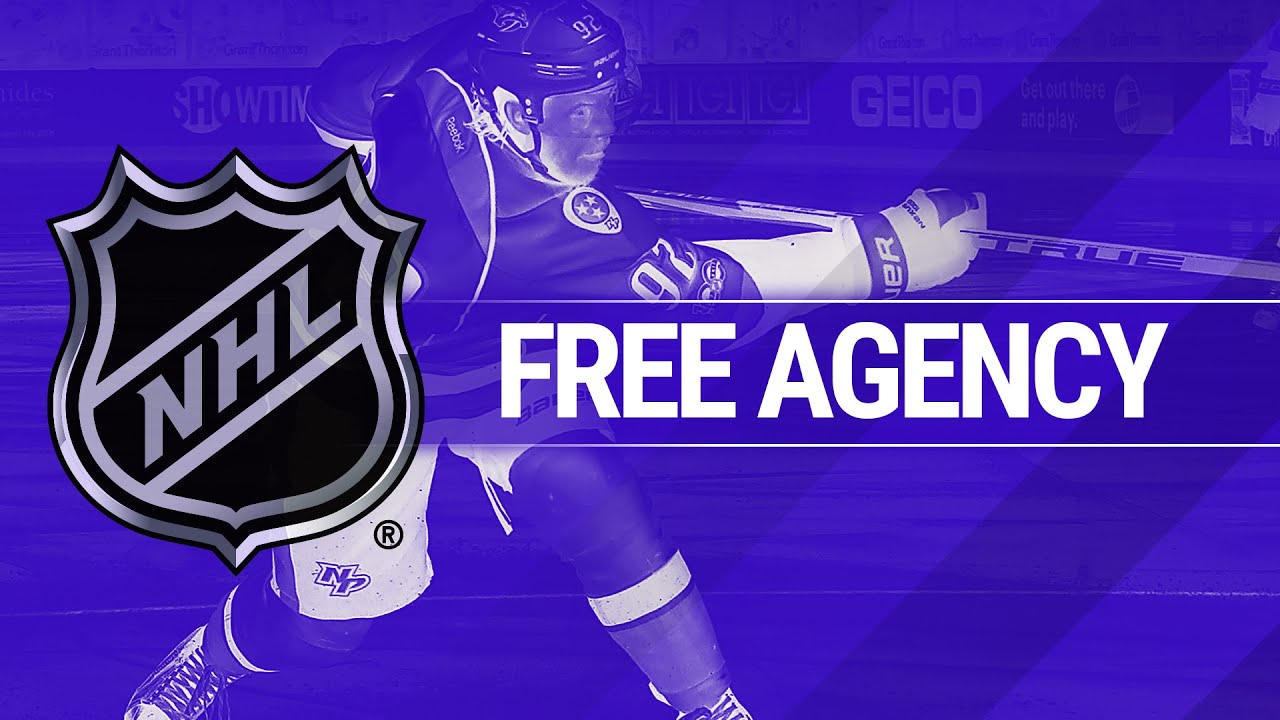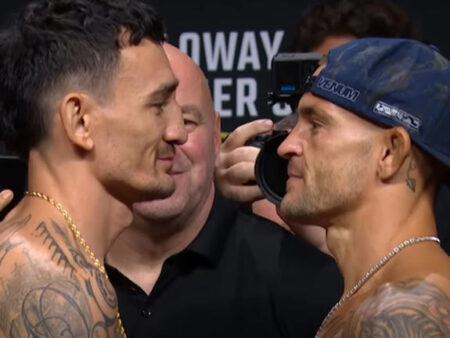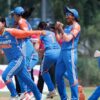
The NHL off-season isn`t solely dominated by the frenzy of unrestricted free agency or the drama of potential trades. Quietly, yet significantly, another crucial process unfolds: the negotiation of contracts for restricted free agents (RFAs). When direct talks don`t immediately yield an agreement, a formal mechanism exists to resolve the situation – salary arbitration.
As the deadline passed for players to file, the NHL Players` Association confirmed that 11 individuals have opted for this structured route. This election indicates that while negotiations with their respective clubs are ongoing, the players have initiated the arbitration process as a potential path to a final contract figure if a mutual agreement isn`t reached beforehand.
What is Salary Arbitration?
For those unfamiliar with the specifics, NHL salary arbitration is a system used to settle contract disputes between a club and an RFA who meets certain eligibility criteria. It’s essentially a formal hearing where both the player (or their representative) and the team present their arguments for what the player`s salary should be for the upcoming contract term. An independent, neutral arbitrator listens to the evidence – which can include player performance statistics, comparable contracts for players with similar roles and experience, the team`s financial situation, and other relevant factors – and subsequently renders a binding decision on the player`s salary.
It`s a tool available under the league`s collective bargaining agreement and is distinct in professional sports, shared primarily with Major League Baseball. While filing for arbitration sets a date for a potential hearing, it is often used as a deadline to spur further negotiation. It is quite common for teams and players to reach a settlement on a contract *before* the scheduled hearing date, avoiding the need for an arbitrator`s ruling.
The Arbitration List: Familiar and Emerging Names
The list of 11 players who have elected arbitration includes a variety of players, from those establishing themselves to others aiming for significant raises based on performance.
The players who filed are:
* Morgan Barron (Winnipeg Jets)
* Lukas Dostal (Anaheim Ducks)
* Drew Helleson (Anaheim Ducks)
* Kaapo Kakko (Seattle Kraken)
* Nicholas Robertson (Toronto Maple Leafs)
* Dylan Samberg (Winnipeg Jets)
* Arvid Soderblom (Chicago Blackhawks)
* Jayden Struble (Montreal Canadiens)
* Conor Timmins (Buffalo Sabres)
* Maksim Tsyplakov (New York Islanders)
* Gabriel Vilardi (Winnipeg Jets)
Among the most recognized names for many fans are forward **Nicholas Robertson** of the Toronto Maple Leafs and forward **Gabriel Vilardi** from the Winnipeg Jets. Their presence on this list means two prominent Canadian market teams are currently navigating this formal step in their player contract negotiations. While specific details of their negotiation points are not public, filing for arbitration signals that reaching a deal hasn`t been straightforward yet.
What`s Next in the Arbitration Process?
The election of arbitration by players is the first step. Following the upcoming deadline for clubs to potentially elect arbitration on other eligible players, the focus shifts towards either reaching a negotiated settlement or preparing for a hearing.
Arbitration hearings, if necessary, are scheduled to take place over a specific period, typically in late July and early August (this year`s window is reportedly July 20 to August 4). This timeframe provides a hard deadline that often motivates both sides to find a compromise. The majority of cases historically settle before reaching the hearing stage, but for those that don`t, the arbitrator`s decision becomes the player`s contract for the determined term.
This process, while perhaps less dramatic than a major trade, is a fundamental part of team building and player compensation in the NHL off-season, ensuring that contract impasses for restricted players have a defined path towards resolution.









